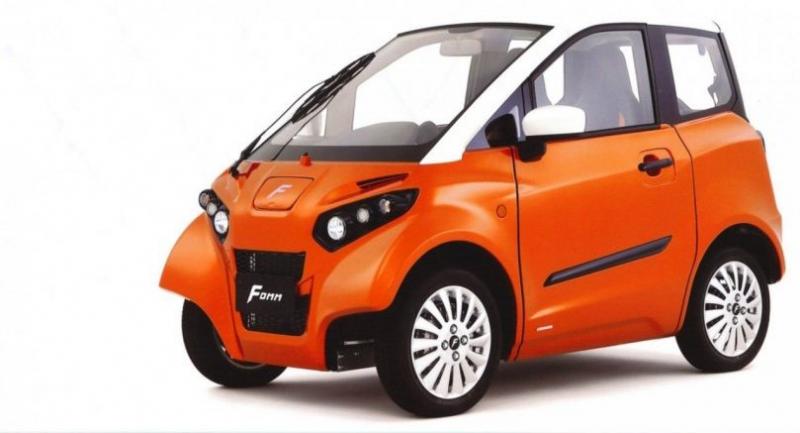EVs only the beginning of high-tech journey

WHILE consumers are well aware of the arrival of electric vehicles (EVs), automobiles of the future promise more |benefits than just energy efficiency.
Electrification is just one of the trends taking hold in the automotive world. Being a manufacturing hub for |automobiles, Thailand needs to fully understand these developments to ensure its role as a major vehicle producer and exporter.
Although major automobile brands have yet to launch fully-electric models in the Thai market, many are offering hybrids and PHEVs (Plug-in Hybrid Electric Vehicles), including BMW, Honda, Mercedes-Benz and Toyota.
Nissan became the first Japanese brand to offer an EV (the LEAF), while luxury brands Audi and Jaguar as well as Korea’s Hyundai and Kia have |introduced EV models in the Thai |market.
MG is the latest entry in the local electric car market with the launch of its ZS EV in Bangkok on June 20.
However, electrification isn’t all we can expect from cars in the next 10 to 20 years.
According to Dr Janekrishna Kanatharana, executive vice president of the National Science and Technology Development Agency (NSTDA), future cars will come with a heap of improvement in smart safety systems, while more transportation services and options will be offered.
“The electric vehicle has arrived, the next trend will be the Automated Vehicle [AV],” he said at a recent seminar on |EVs.
He said data-sharing between |vehicles (V2V) and with “everything else” (V2X) will grow, while information collected from vehicles and its users can be put into use and generate revenue.
Meanwhile, more car sharing is also expected. “For example if you park your car at the office for most of the day, then it can be lent out to others during that time,” he stated.
Although Tesla has already marketed its autonomous electric vehicles, it is |taking more than a decade for them to gain global popularity.
By 2030, Thailand would be able to provide “level 3” autonomous capability for limited distance drive, such as on highways and motorways, according to Adisak Rohitasune, acting president of the Thailand Automotive Institute |(TAI).
He also said 53 per cent of global auto production will be EVs by 2030, and Thailand needs to adapt quickly and make major preparations in terms of human resources. Apart from autonomous vehicles, robots will play a growing role in the production process – one of the areas where the local auto industry needs to catch up, he said.
“It is very important that we study these developments, including the different production processes [required for] EVs,” Adisak said. “We must also give importance to soft skills, something artificial intelligence cannot provide.”
Colin McKerracher, head of advanced transport for BloombergNEF (BNEF), said in a recent report: “Our conclusions are stark for fossil fuel use in road |transport. Electrification will still take time because the global fleet changes over slowly but, once it gets rolling in the 2020s, it starts to spread to many other areas of road transport. We see a real possibility that global sales of |conventional passenger cars have already passed their peak.”
McKerracher added that the role of shared mobility services such as |ride-hailing and car-sharing will be important in this evolving picture.
“These services account for less than 5 per cent of all passenger miles |travelled globally at the moment, but this is set to rise to 19 per cent by 2040.
The BNEF team does not expect autonomous driving to have an impact on global transport and energy patterns until the 2030s,” he said.
BNEF expects passenger EV sales to rise from 2 million worldwide in 2018 to 28 million in 2030 and 56 million by 2040, while conventional passenger vehicle sales would fall to 42 million by 2040, from around 85 million in 2018.
